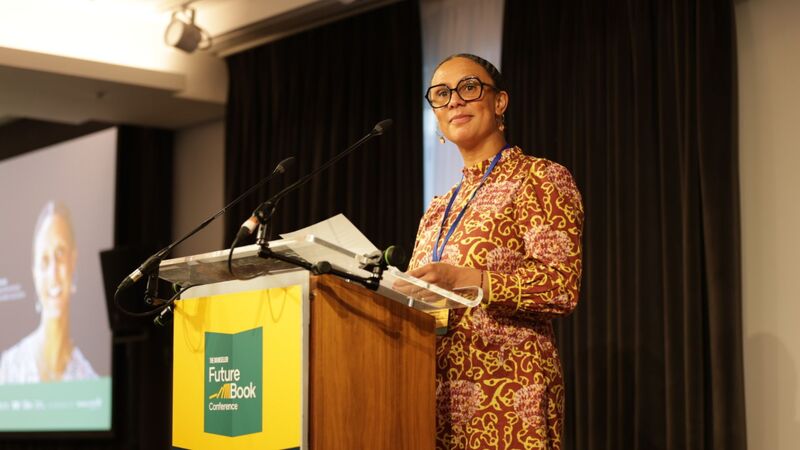You are viewing your 1 free article this month. Login to read more articles.
EUP 'tried to censor' journal article over transphobia concerns
Three academics have claimed Edinburgh University Press (EUP) tried to censor their journal article on gender self-identification in an “exceptional breach of normal practice” over transphobia fears.
The article, “Losing sight of women’s rights: the unregulated introduction of gender self-identification as a case study of policy capture in Scotland” was published in the Scottish Affairs journal last year. Written by Edinburgh University PhD student Lucy Hunter Blackburn and research fellow Dr Kath Murray, alongside policy analyst Lisa Mackenzie, it argued unregulated roll-out of gender self-identification in Scotland had taken place with a lack of due process and scrutiny, ignoring the effect on women in prisons and elsewhere.
However, the trio said Edinburgh University Press, which publishes the journal, tried to prevent the article being released over claims it was transphobic. The authors, who run MBM policy analysis, which specialises in research on women's sex-based rights, made their claim in a submission to the Scottish government on the new Hate Crime and Public Order (Scotland) Bill.
They said the article's original text had been peer-reviewed and accepted by the journal but, before it was published, a member of EUP staff not normally be involved in journal content, raised concerns about it expressing “anti-trans sentiment” while using “discriminatory and insulting terms” like the word “women” to specifically exclude trans women. The authors have denied those claims.
The staff member's note said: “As well [as] my personal belief that it is morally wrong and socially irresponsible to provide a respected scholarly platform to such divisive and discriminatory opinions, publishing this article would actively harm the Press’ reputation...
“We do have a precedent of refusing to publish books that have passed peer review because they have later (often at Press Committee, but sometimes as late as handover) been found to be Islamophobic, anti-Semitic or written by authors who have publicly expressed homophobic or sexist opinions. Transphobia is just as serious as any of these other forms of intolerance and I strongly feel that we should take the same principled approach, both as a business decision and an ethical stance.”
The authors say, without their knowledge, senior EUP staff then contacted the journal's editor to raise the concerns. The press also involved the university's lawyers, allegedly over concerns two of the authors were university employees and that the article breached the institution's dignity and respect policy. Doing this was “an exceptional breach of normal practice”, the authors say.
In response, the university's legal team declined to give an opinion, citing academic freedom. Following the move, the journal's editor decided to seek the backing of its board to review the decision-making process. Publication went ahead, with minor changes explaining the choice of language.
In a statement, the authors said: “This was a shocking experience for the three of us, both at a personal and professional level, and also because of the implications for freedom of speech and academic freedom.”
They argue provisions on “stirring up” hate in the new Bill could have been invoked in their case and “the stakes would immediately have been much higher for all concerned, however much we contested the reading of our piece”.
EUP declined to comment on the claims.















